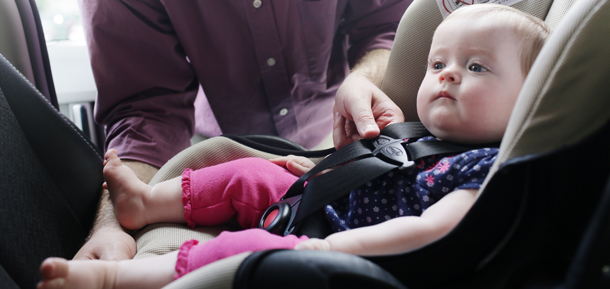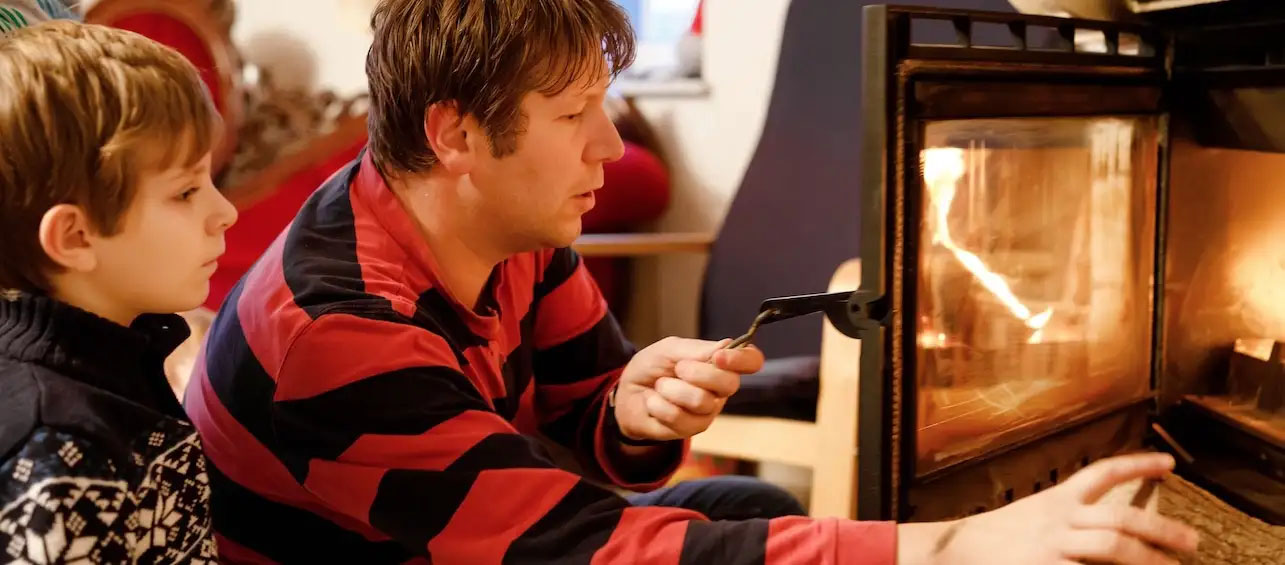As a pediatrician in the emergency department (ED), I have a unique vantage point where I witness and treat a wide range of childhood injuries, which can range from minor abrasions and lacerations to loss of a limb and even death. The most saddening fact is that the majority of these injuries are preventable.
Although children who suffer hyperthermia (heatstroke) after being locked in a hot car is an uncommon occurrence, the injuries and prognosis for the child can be catastrophic. Nationwide, 44 children died of heatstroke last year after being locked in a hot car.
Both the length of time children have spent in the car and temperature outside play a role in how severe the symptoms will be when they arrive in the ED. For instance, on an 80 degree day, a car can reach deadly levels in just 10 minutes.
Because these injuries can be so severe and occur rapidly, I applaud Tennessee’s latest efforts to break down any barriers for bystanders helping a child who is perceived to be in danger in a locked car.
The state of Tennessee passed a house bill which gives immunity from civil liability to any person who forcibly enters a motor vehicle for the sole purpose of removing a minor from imminent danger.
In other words, if you see a child locked in a hot car and you perceive that child to be in danger, you won’t be responsible for any damages as you help him or her out of the vehicle. Tennessee is the first state to pass a bill like this, and it went into effect on July 1, 2014.
While I think many adults would help an endangered child and worry about the ramifications later, what I think this bill does is eliminate any hesitations in that good samaritan’s mind. Which is important because when a child is locked in a hot car, every minute counts. Children’s bodies heat up 3 to 5 times faster than an adult’s.
When parents accompany their children to the ED after this terrible tragedy occurs, they are understandably worried and riddled with regret. Of the cases of children found locked in hot cars, 52% were “forgotten” by the caregiver and 29% of the time a child got into the vehicle without the parent’s knowledge.
So what can parents do to prevent this from happening? Here’s a previous blog post, which outlines eight tips.
It is essential to remember that it’s never safe to leave your child in the car – even if you think it will only take one minute. A quick run into the grocery store for milk can easily last 10 minutes, especially if you get caught in the checkout line or run into someone you know. The convenience is just not worth the risk.
I commend the state of Tennessee for passing an official bill that protects someone helping a child in danger. And I hope other states will do the same.





